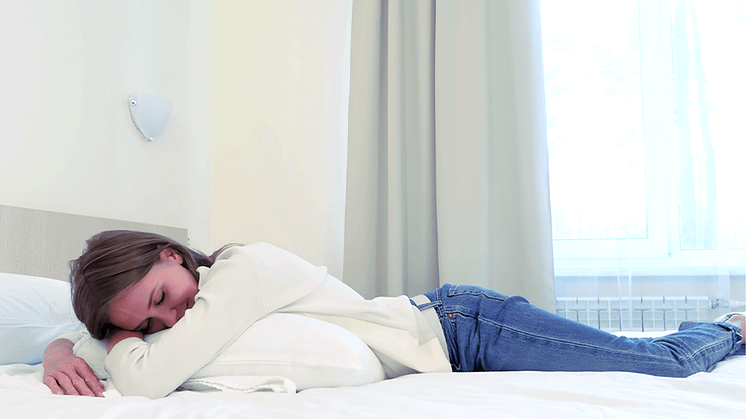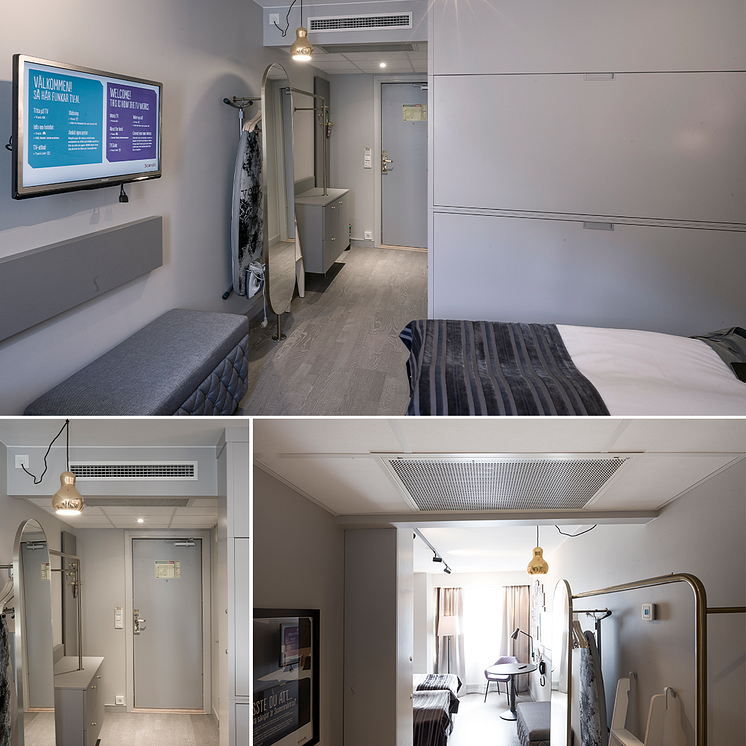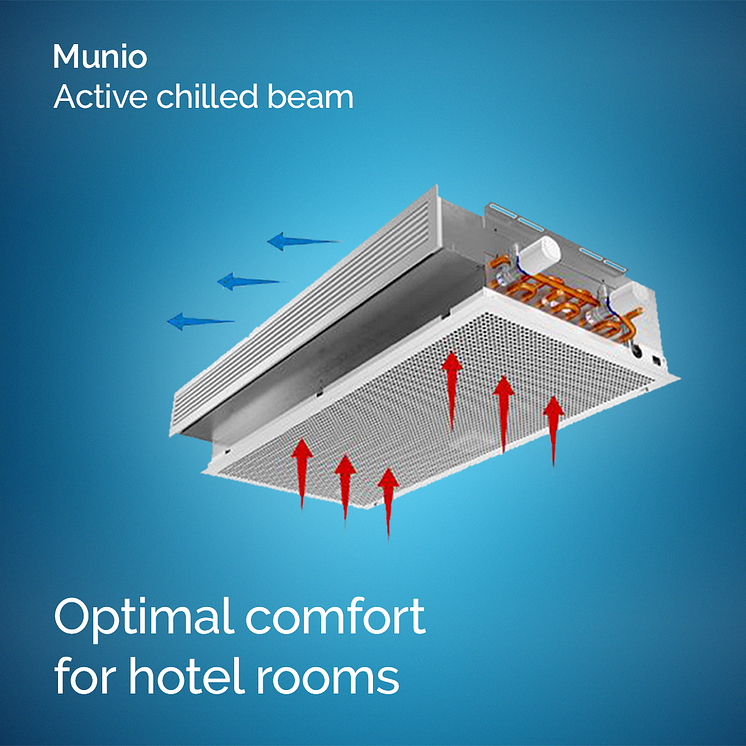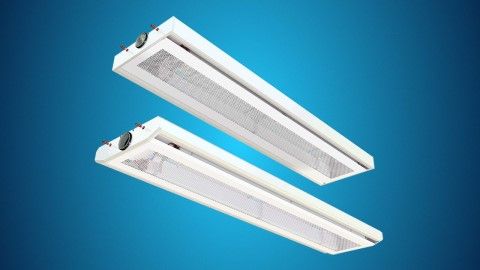
Blog post -
With fresh air, I can sleep better
What is most important to you when choosing a hotel? It’s probably location or price but do you value a good night’s sleep?
Do you think about indoor climate when choosing a hotel?
Air quality is something that many people don't consider when choosing a hotel but it's important to know what's going on with the air in your room. We’re not just talking about whether it feels stuffy or smells good—we’re talking about whether it's healthy to breathe.
According to a study conducted by the University of Gothenburg in Sweden and published in the Journal of Exposure Science and Environmental Epidemiology, the air quality in hotels is usually worse than in homes, offices, and schools. The researchers found that high levels of volatile organic compounds (VOCs) are present in hotel rooms.
The impact of a bad night’s sleep
The researcher Chandra Sekhar examined sleep at different carbon dioxide levels. At 1000 ppm, sleep quality was adversely affected; at 2600 ppm, the cognitive ability deteriorated the next day. Poor ventilation is therefore not only affecting us when we experience it but might have an impact on our performance the next day.
Sleep and rest are important, and the indoor air in your bedroom is key to the quality of your sleep. A draught can cause muscle pain, or if you hear a constant buzzing sound it will disturb your sleep, falling asleep in a room that is too cold or too warm can become a real challenge.
When we sleep, our bodies are working hard to repair themselves and restore energy. So, when we are asleep, we really need to be breathing in clean air. If there's mould in your hotel room, or pollen from outside… well, those things can ruin your quality of rest and make you feel tired when you wake up the next morning.
Putting fresh air on the menu
In the wake of the pandemic, awareness of indoor air quality has increased. We understand that good ventilation reduces the risk of spreading a virus indoors. In the hotel industry it is essential to business that visitors feel like their room is clean. This doesn’t just mean clean sheets and towels; we now see door hangers assuring us that all surfaces have been wiped, and we often walk into a room where the windows have been left open to let in fresh air.
When booking a hotel, you can make many different choices to maximise the comfort of your stay but there are currently very few indicators linked to ventilation or air quality.
Many hotels, have room controllers that allow you to set the temperature to your liking, but wouldn’t it be great if, when booking, we could see some indicator that the room will have a good indoor climate? Afterall there’s a substantial difference between an adjustable air conditioning unit and a standard desk fan.









